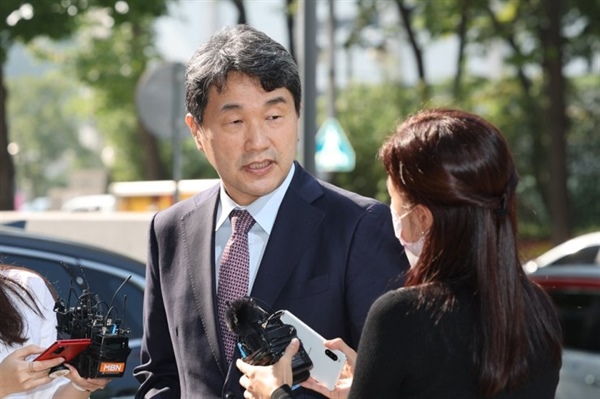
South Korean Education Minister Lee Ju-ho said the culture of private tutoring needs to be eliminated. Photo: KOREA TIMES
In Korea, students who study at prestigious universities not only have many opportunities to work in large corporations and receive high salaries, but also bring pride to themselves and their families. Therefore, in the land of Kimchi, each right or wrong answer in a university entrance exam can determine the fate of a lifetime. It is worth mentioning that the questions in university entrance exams are often extremely difficult and without extra study, students in Korea will not be able to do it. Therefore, the rate of students attending extra study in Korea is very high.
According to the latest statistics from the Korean Ministry of Education, in 2022, up to 78.3% of high school students in the land of Kimchi attended extra classes and Korean parents spent nearly 20 billion USD on exam preparation. This figure is nearly equal to the GDP of countries such as Haiti ($21 billion) and Iceland ($25 billion). Also in 2022, the average elementary, middle and high school student spent 311 USD per month on extra classes, the highest figure since data on extra classes began to be recorded in 2007. This situation puts great pressure on families who cannot afford it. Experts say this system perpetuates inequality in education. Poor families tend to spend a larger proportion of their income on their children's education than richer households.
The race to college not only drains parents' pockets but also has a serious impact on students. In the land of Kimchi, every student has to study at least 18 hours a day. They have to wake up at 6am, go to school all day and then go straight to cram schools after school. Many students cannot handle this pressure, leading to South Korea being one of the countries with the highest number of youth suicides in the world. A 2022 survey by the South Korean government showed that out of nearly 60,000 middle and high school students in South Korea, nearly a quarter of boys and a third of girls have suffered from depression. In a 2021 report, nearly half of South Korean teenagers aged 13 to 18 said that studying was their biggest worry.
Researchers, policymakers, teachers and parents have all criticized the college pathway for causing problems, not only educational inequality and mental illness among adolescents, but also for South Korea’s plummeting birth rate. South Korea is regularly ranked among the most expensive countries in the world for raising children from birth to 18, much of it spent on education. Last year, South Korea’s birthrate fell to a record low of 0.78, far below Japan’s (1.3), the world’s oldest nation, and far below the 2.1 needed to maintain a stable population.
In hopes of addressing some of these issues, Education Minister Lee Ju-ho announced at a recent press conference that tricky classification questions, often referred to as “killer questions,” will be eliminated from the college entrance exam. The ministry also released sample questions from previous tests to illustrate the issues that will be eliminated in future exams.
Mr. Lee explained that the “killer question” is sometimes not included in the public school curriculum, leading to unfairness for students who do not attend private tutoring. “Private tutoring is a personal choice, but many feel compelled to take private tutoring to overcome the fierce competition in the university entrance exam. We want to break the vicious cycle of private tutoring, which increases the burden on parents and erodes the fairness of education, and will provide more tutoring and extracurricular programs in public schools,” Mr. Lee said.
To achieve this goal, South Korea will set up a hotline to receive reports of violations by tutoring centers. Minister Lee announced that the government will provide more tutoring and extracurricular programs in public schools.
Thai An
Source


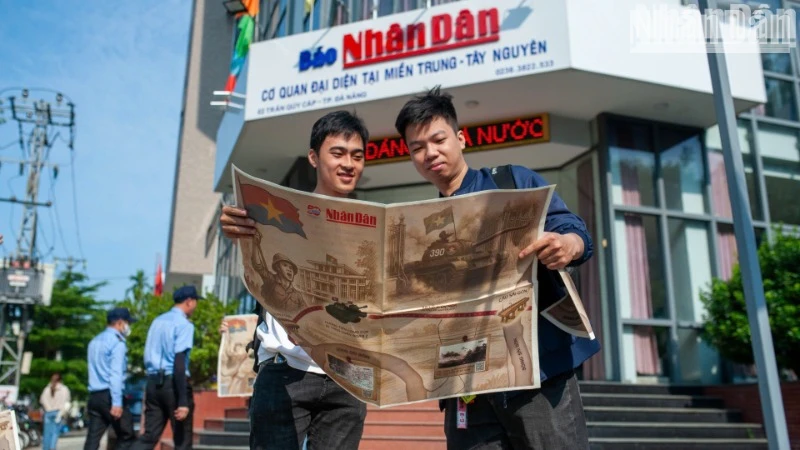
![[Photo] General Secretary To Lam receives Secretary General of the Mozambique Liberation Front Party](https://vstatic.vietnam.vn/vietnam/resource/IMAGE/2025/4/28/360d46b787c547bbaa5472c490ddeded)
![[Photo] President Luong Cuong offers incense to commemorate Uncle Ho at House 67](https://vstatic.vietnam.vn/vietnam/resource/IMAGE/2025/4/28/162df748c87348e1821cc4c83745a888)
![[Photo] Welcoming ceremony for Japanese Prime Minister Ishiba Shigeru and his wife](https://vstatic.vietnam.vn/vietnam/resource/IMAGE/2025/4/28/1c97f7123f4f47078488e8c412953289)
![[Photo] Enjoying the experience of enjoying specialty coffee](https://vstatic.vietnam.vn/vietnam/resource/IMAGE/2025/4/28/cb4f5818052e479392e8b3ad06cb1db0)
![[Photo] Prime Minister Pham Minh Chinh holds talks with Japanese Prime Minister Ishiba Shigeru](https://vstatic.vietnam.vn/vietnam/resource/IMAGE/2025/4/28/ee88e7119877496a9a73bb456f3414d3)
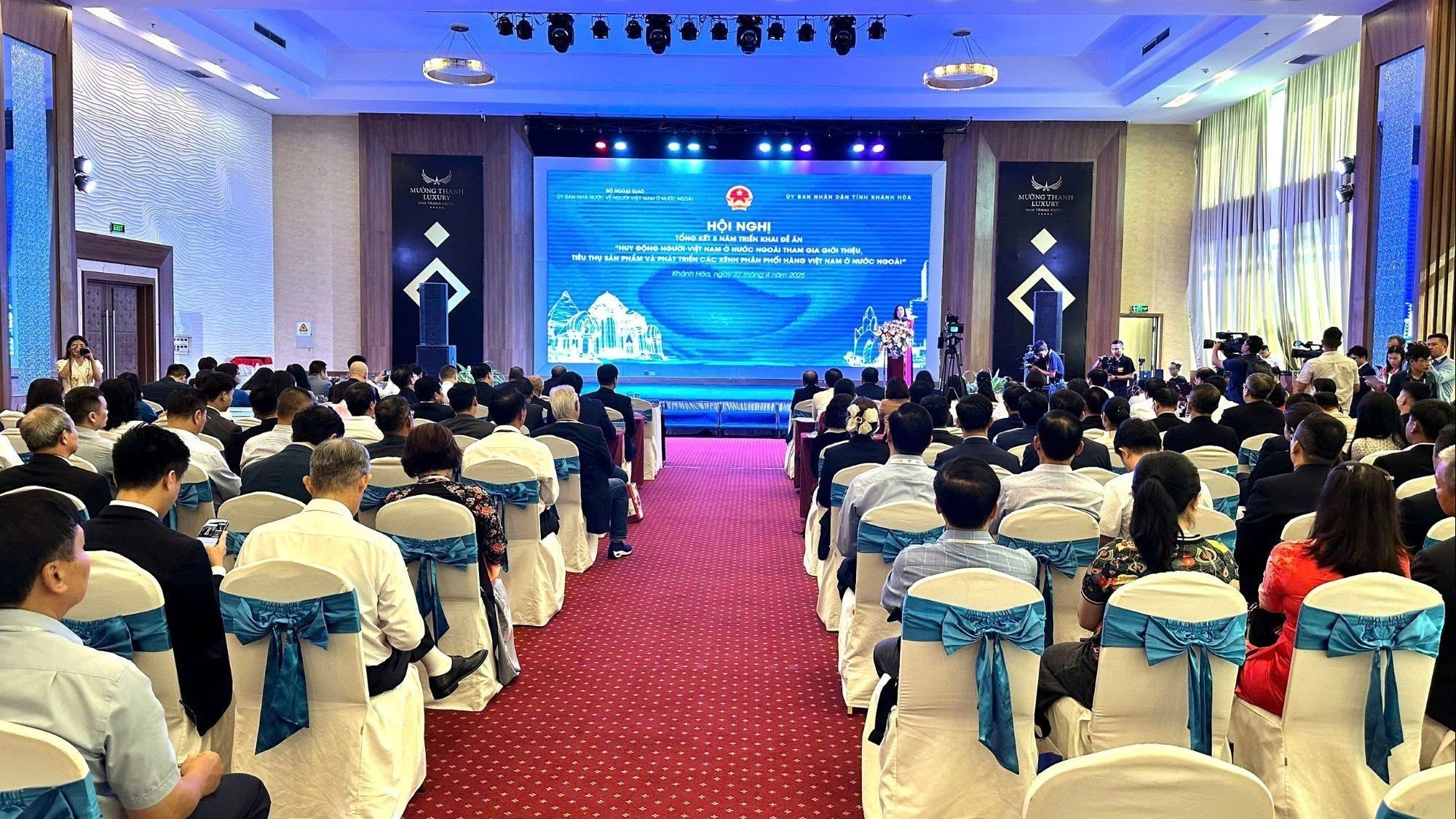
![[Photo] General rehearsal of the parade to celebrate the April 30th holiday](https://vstatic.vietnam.vn/vietnam/resource/IMAGE/2025/4/27/108ed9566ab24a16a67429edcafccac2)
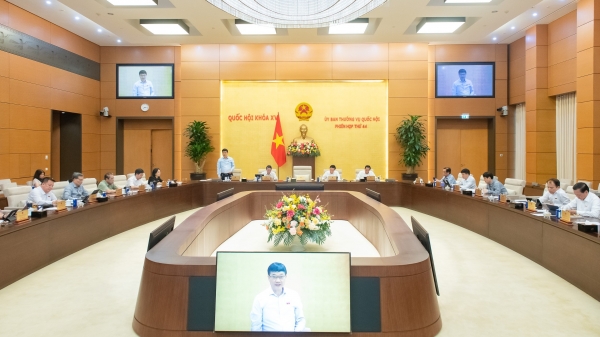
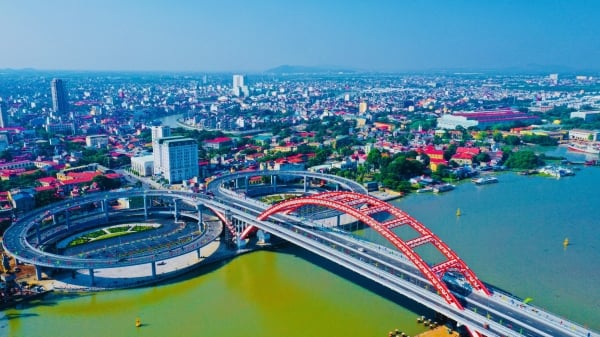
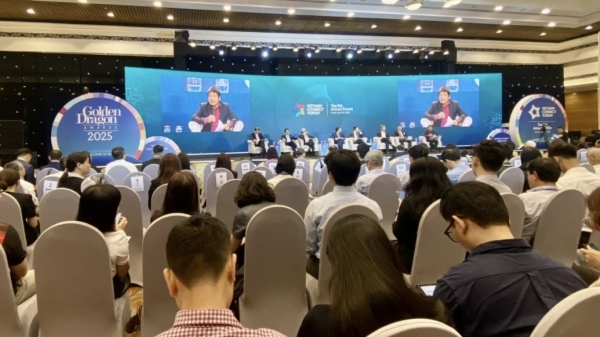
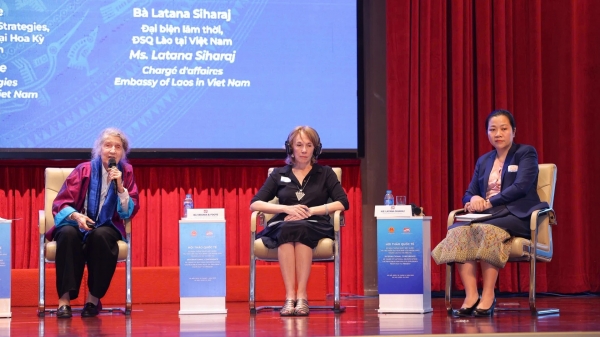




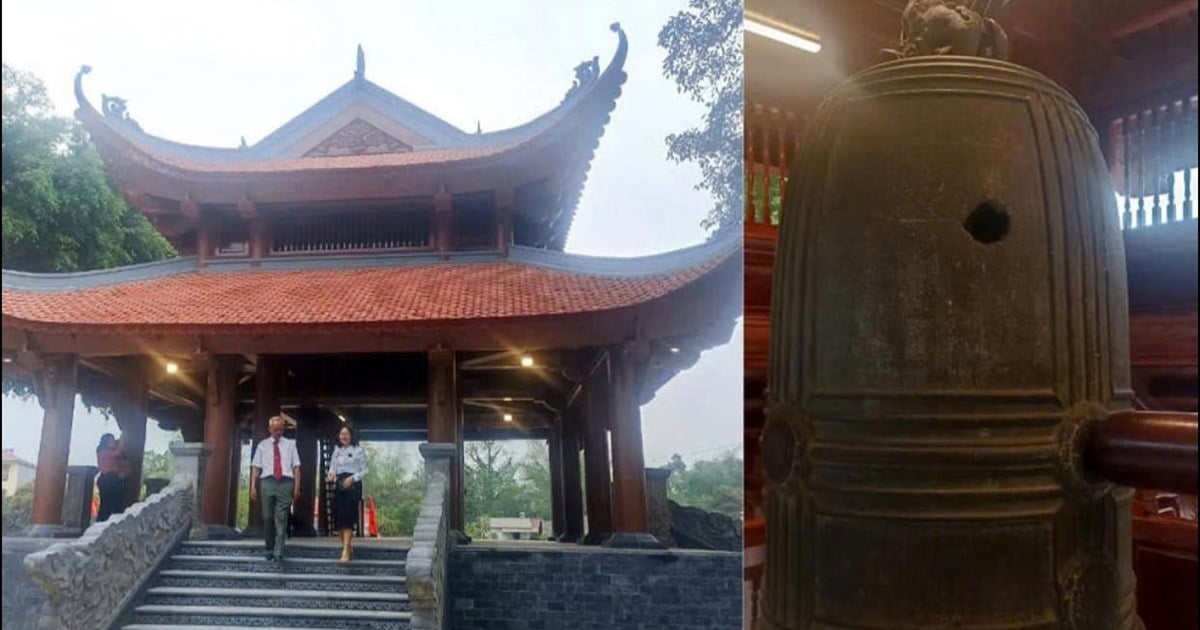
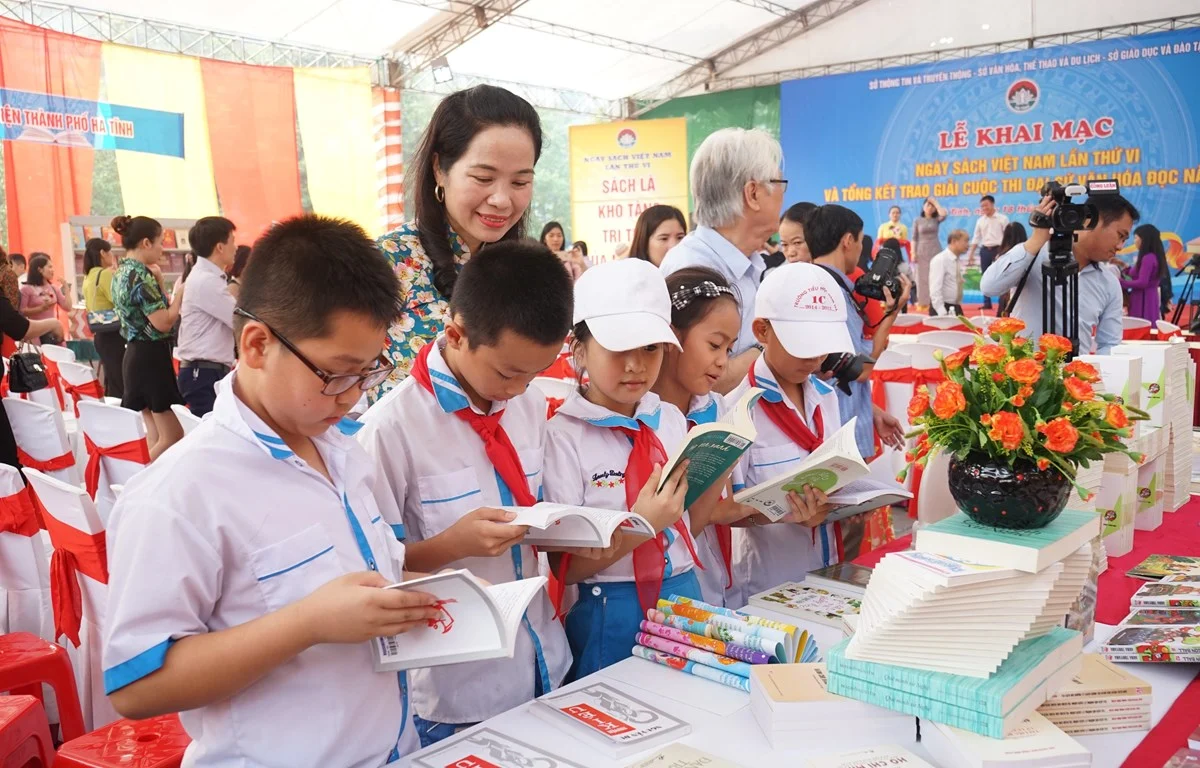
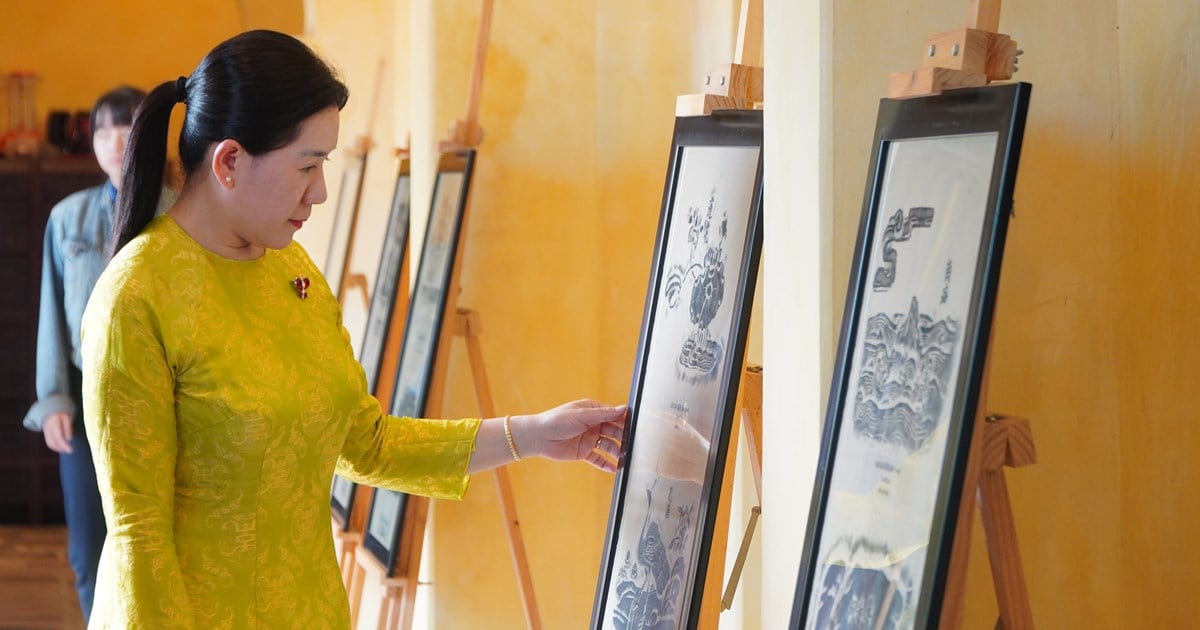

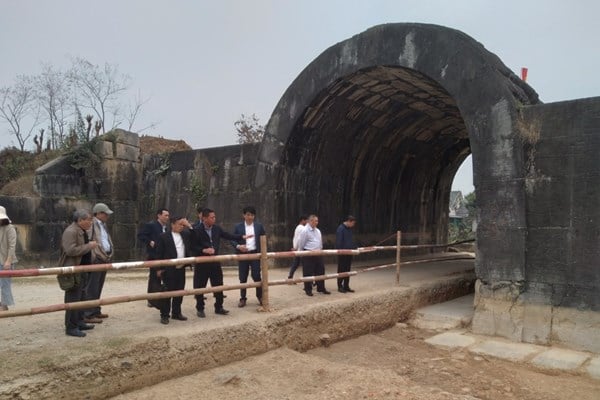
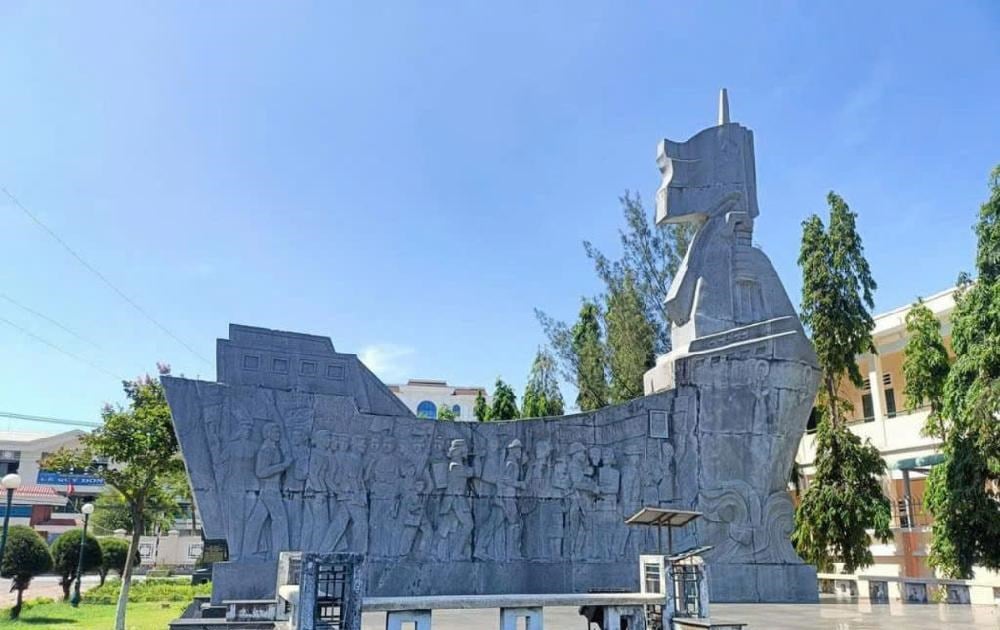
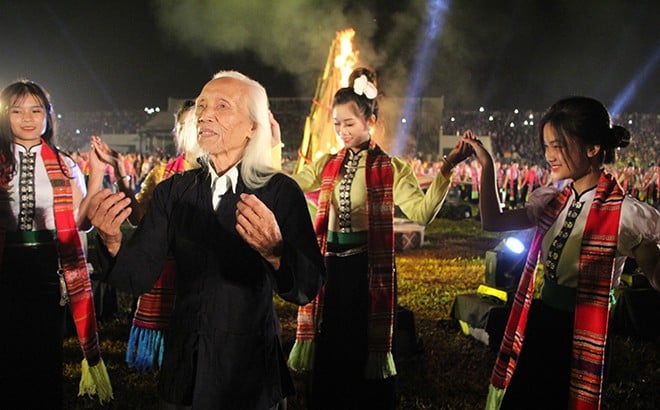

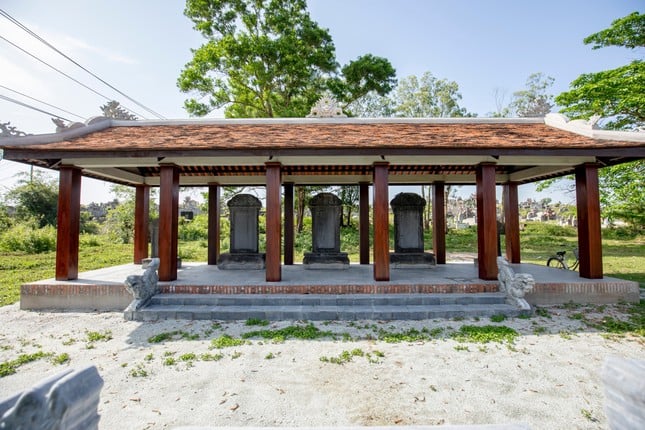

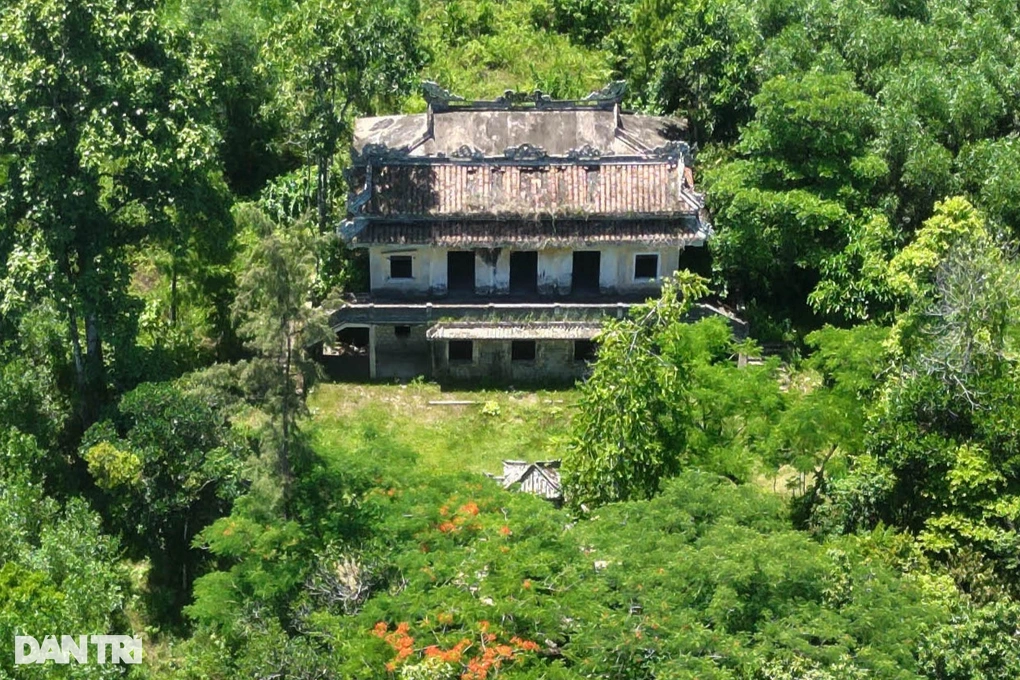

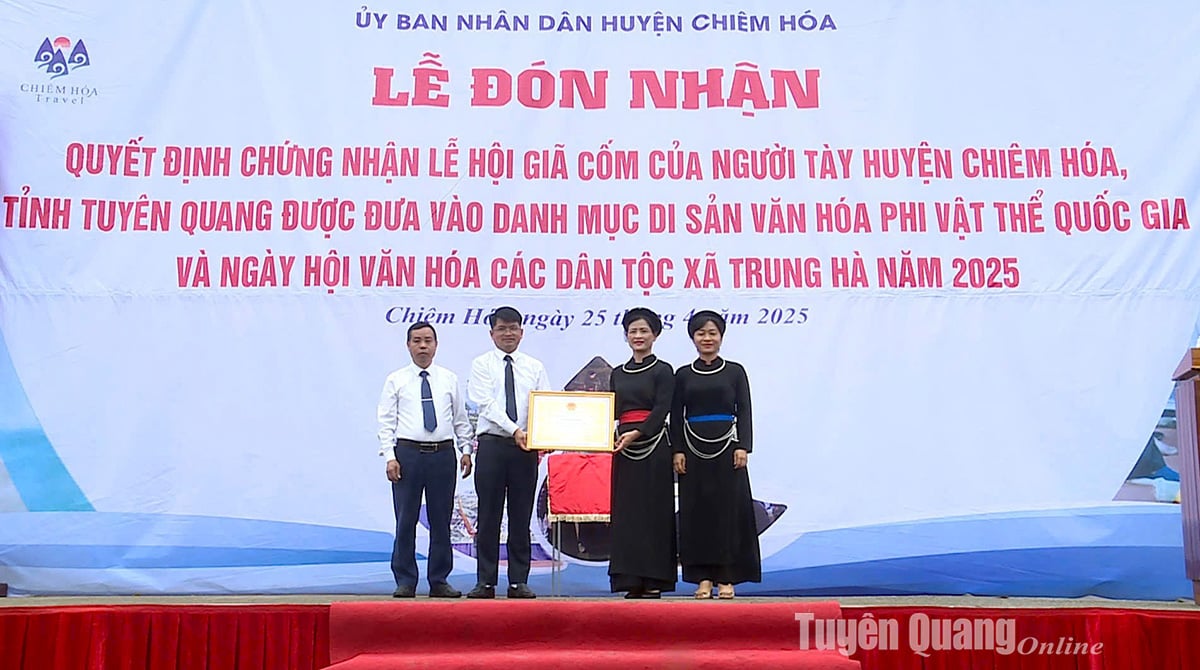

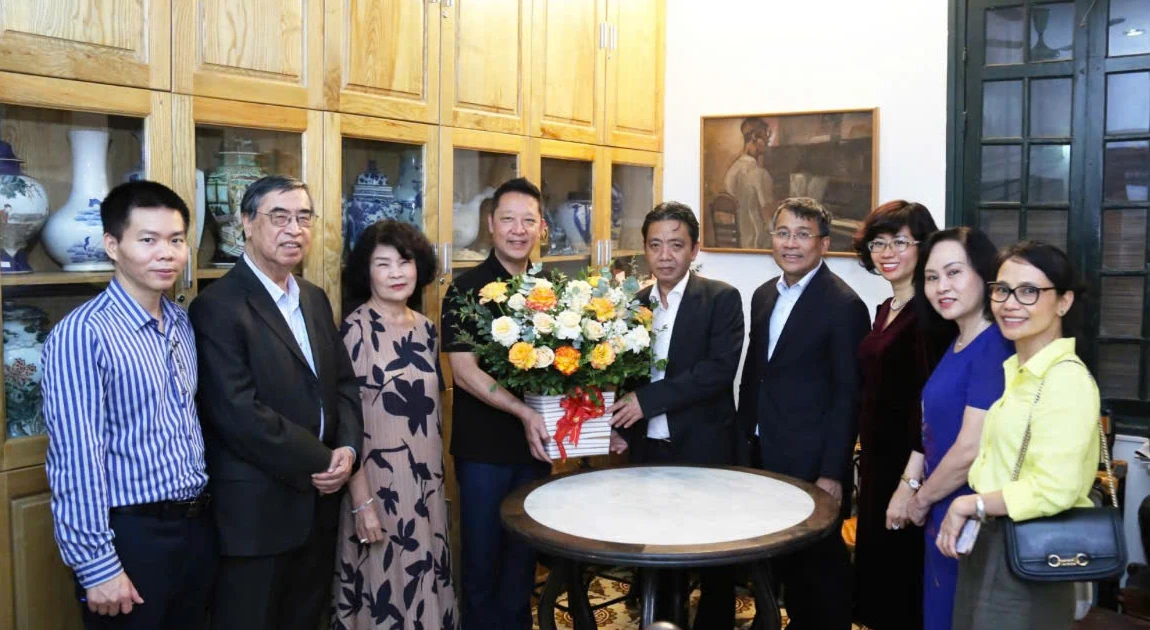
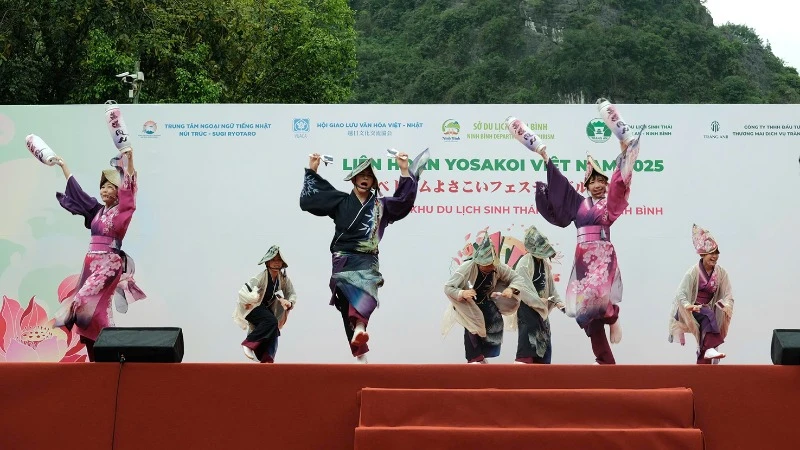
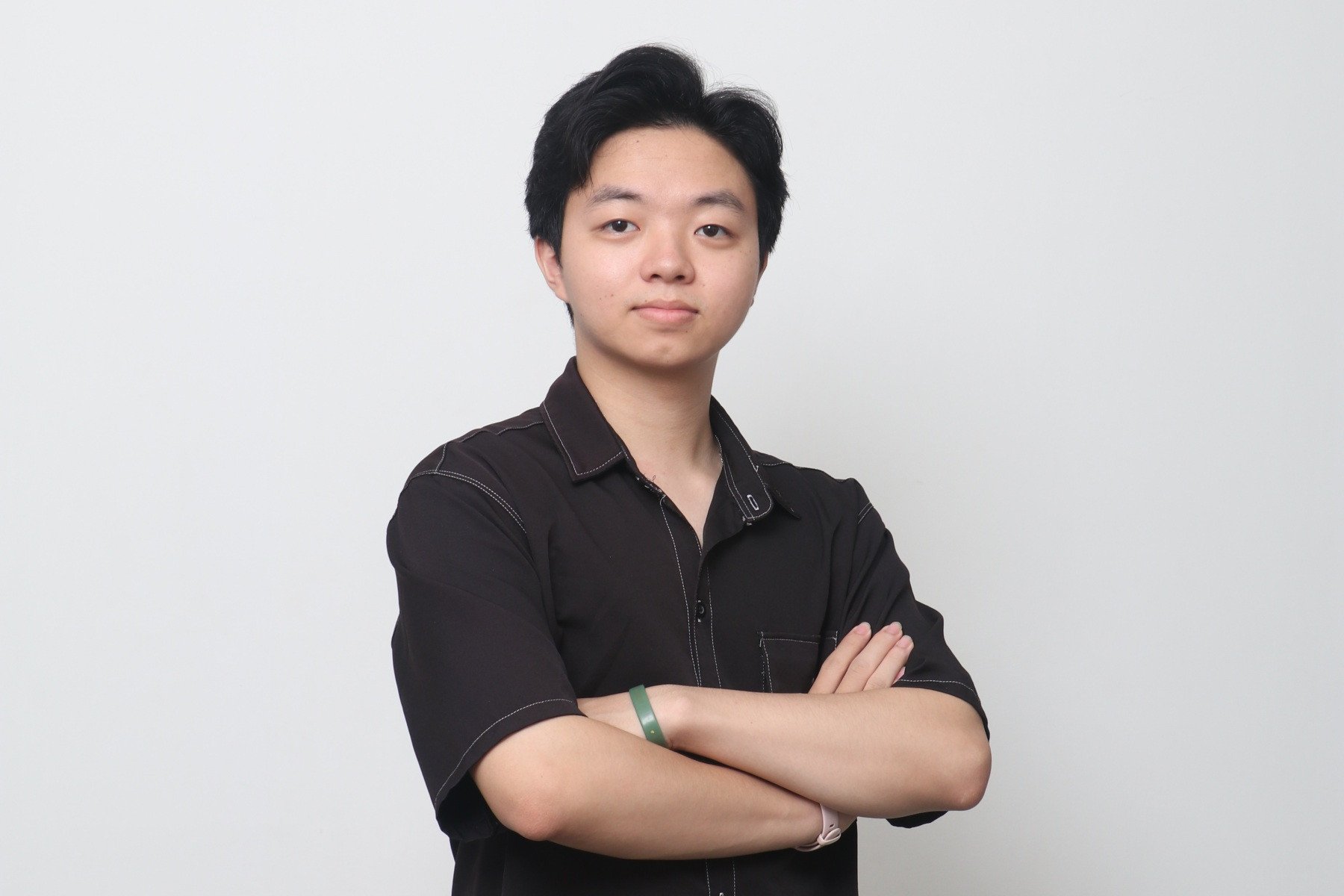

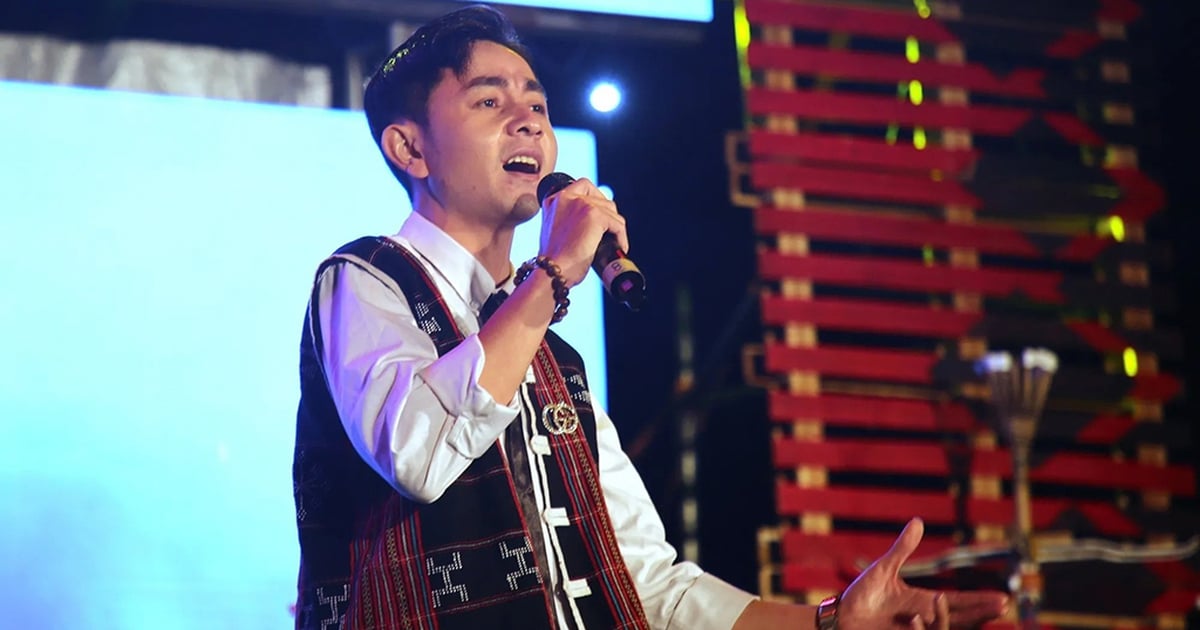

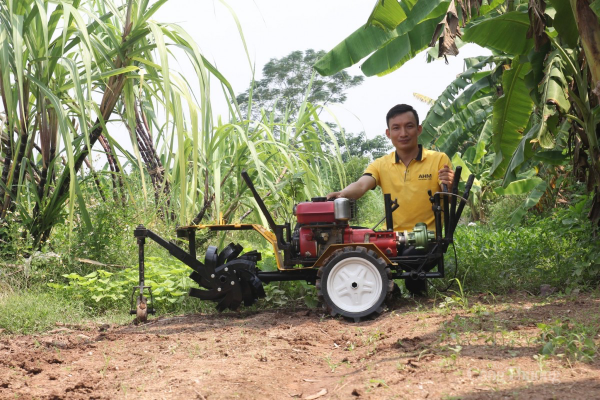



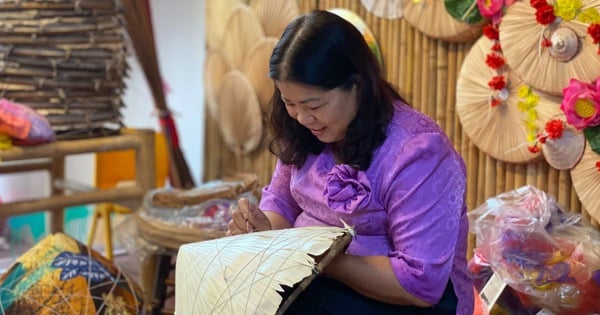

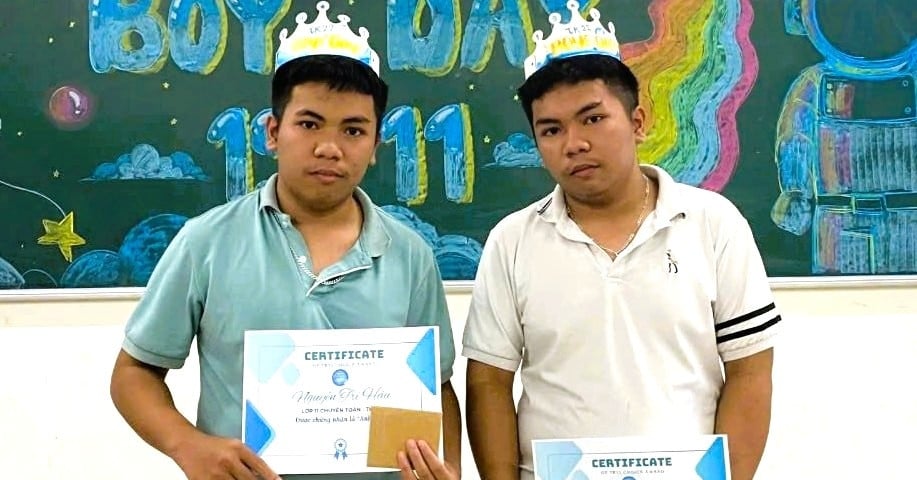
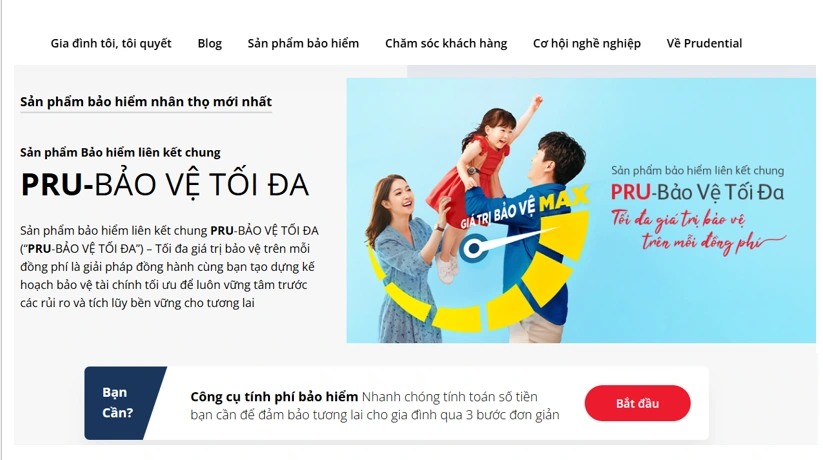

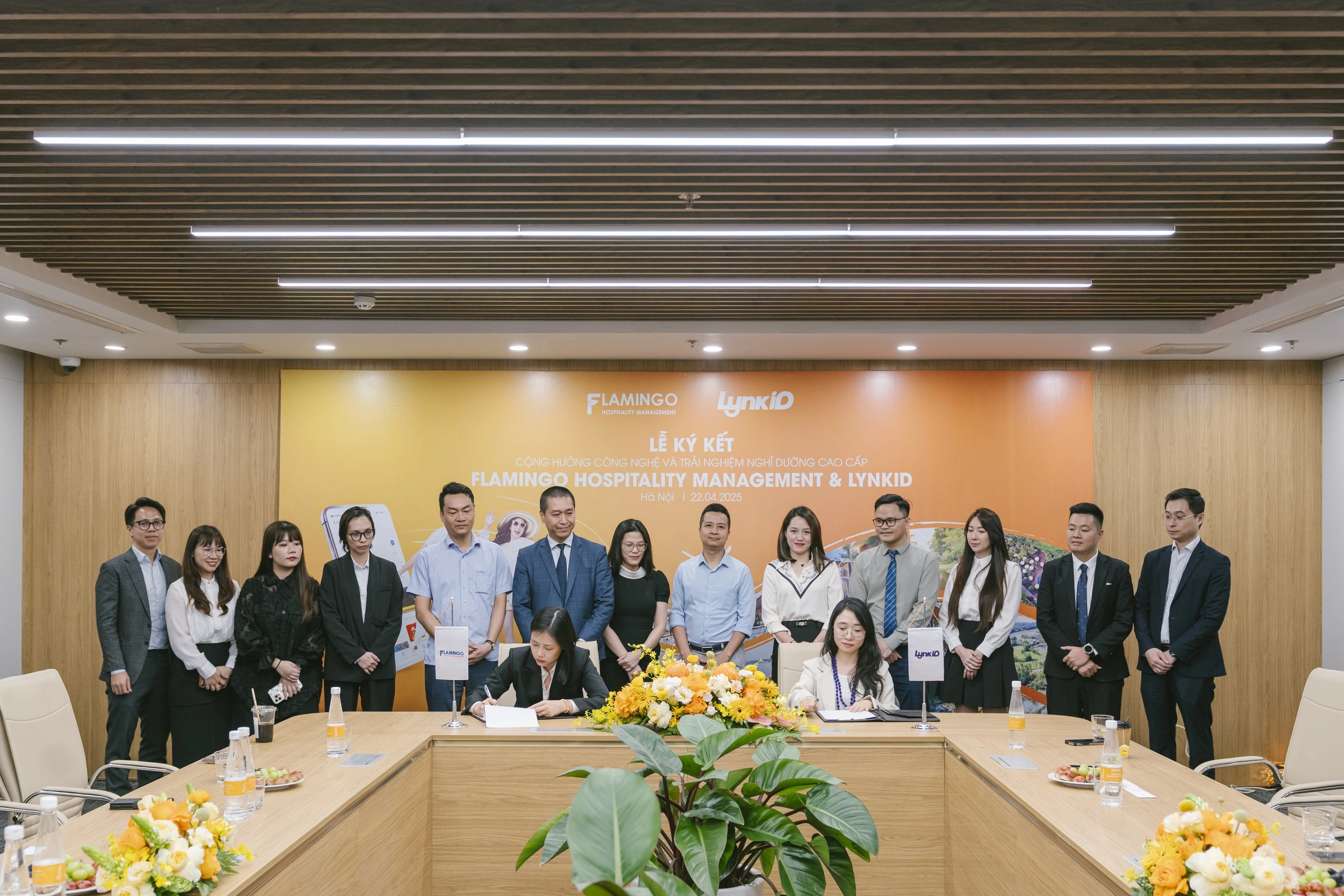
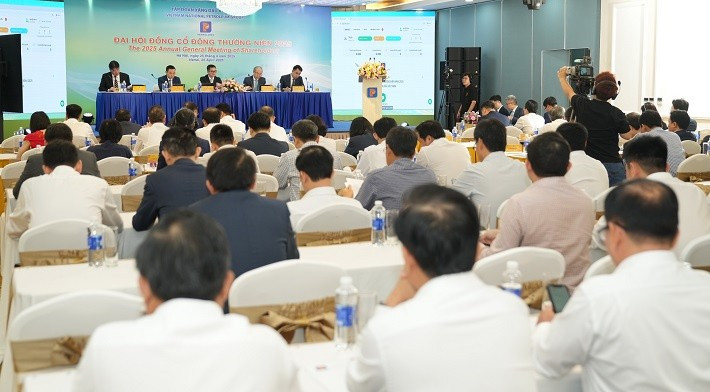

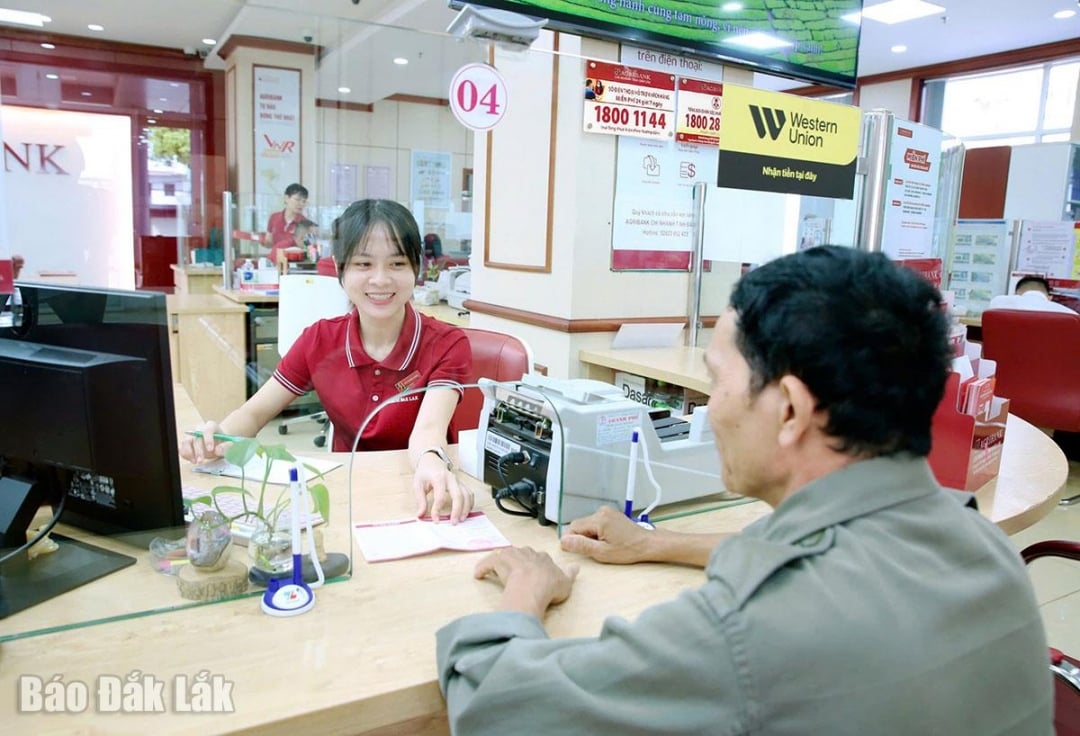

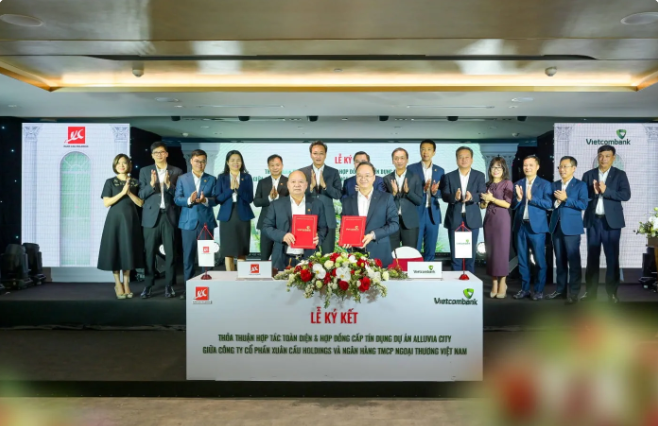
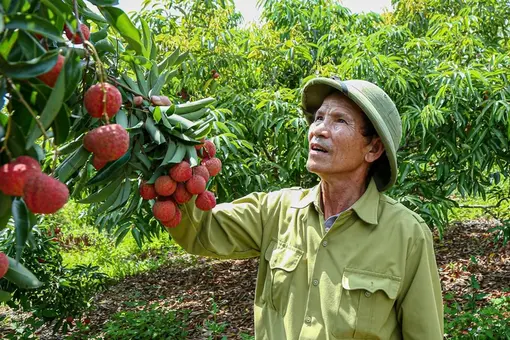

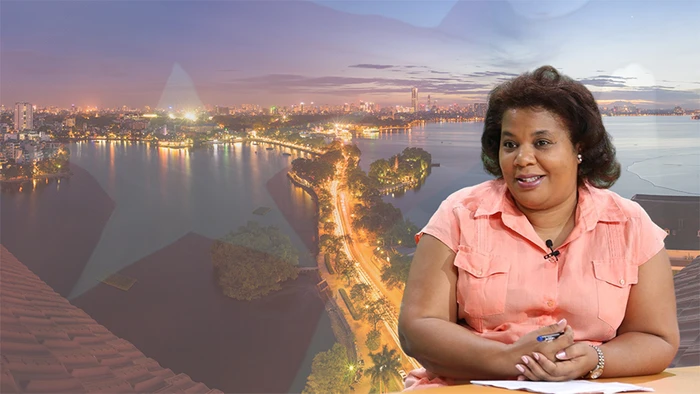
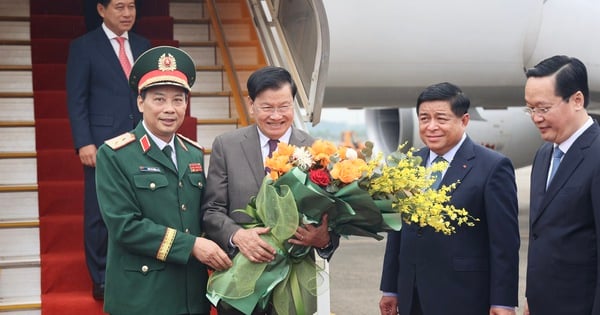

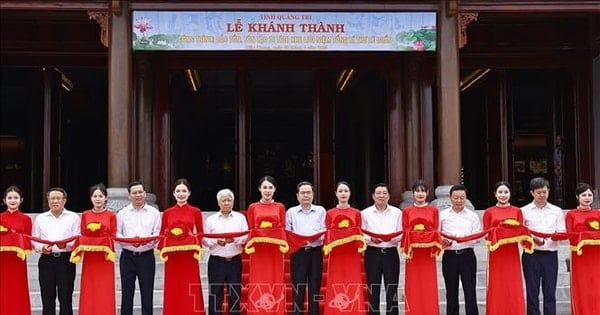

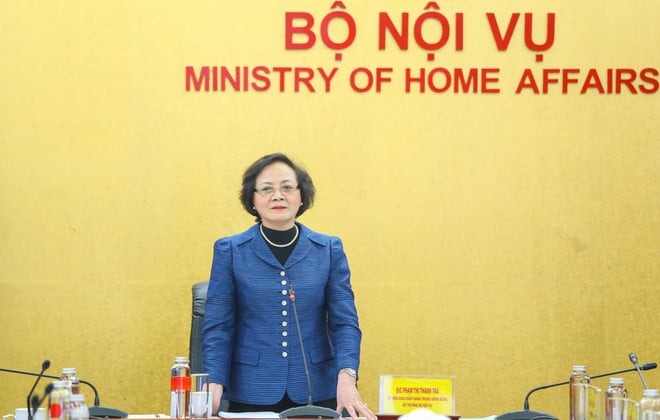

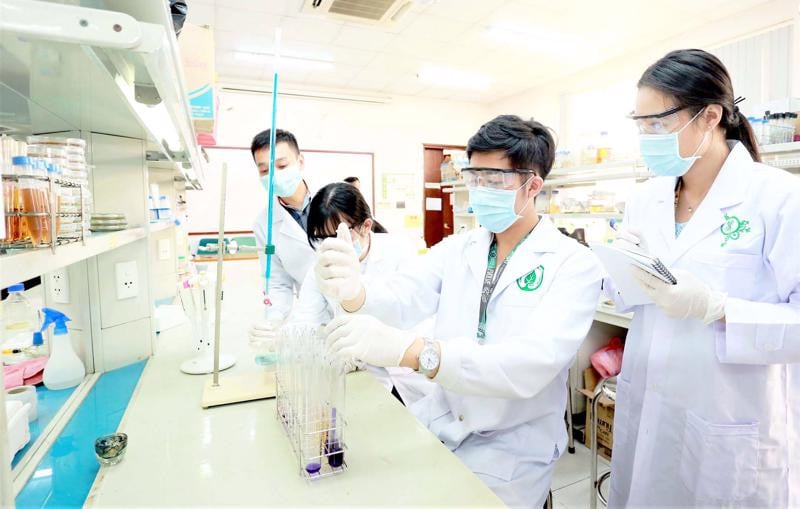


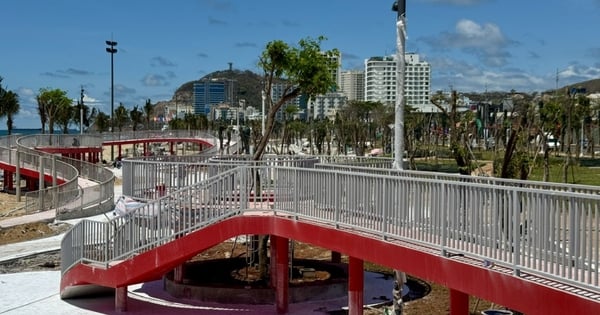
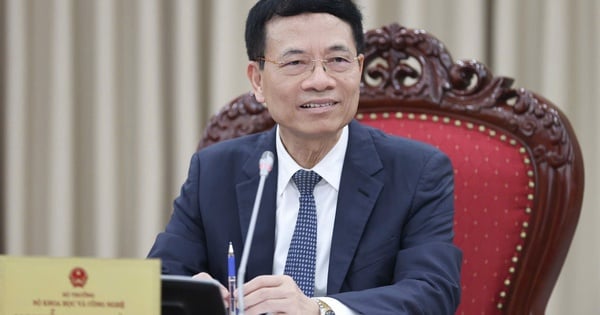


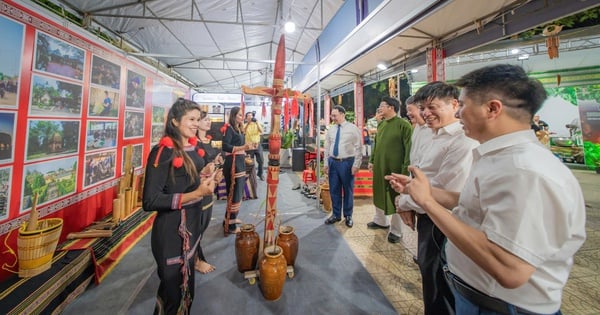
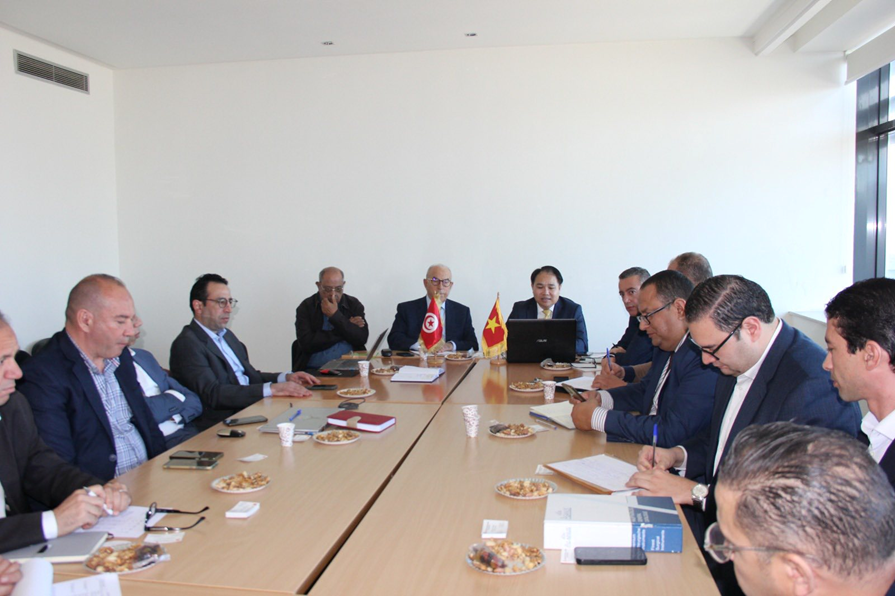

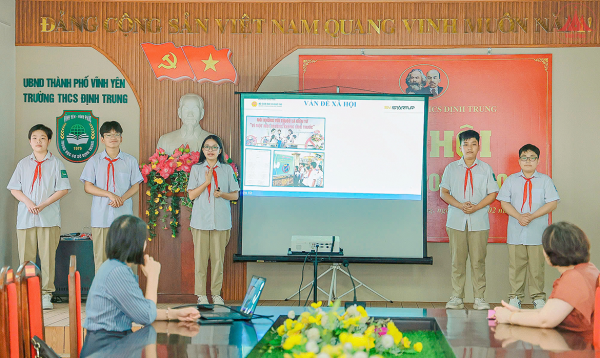

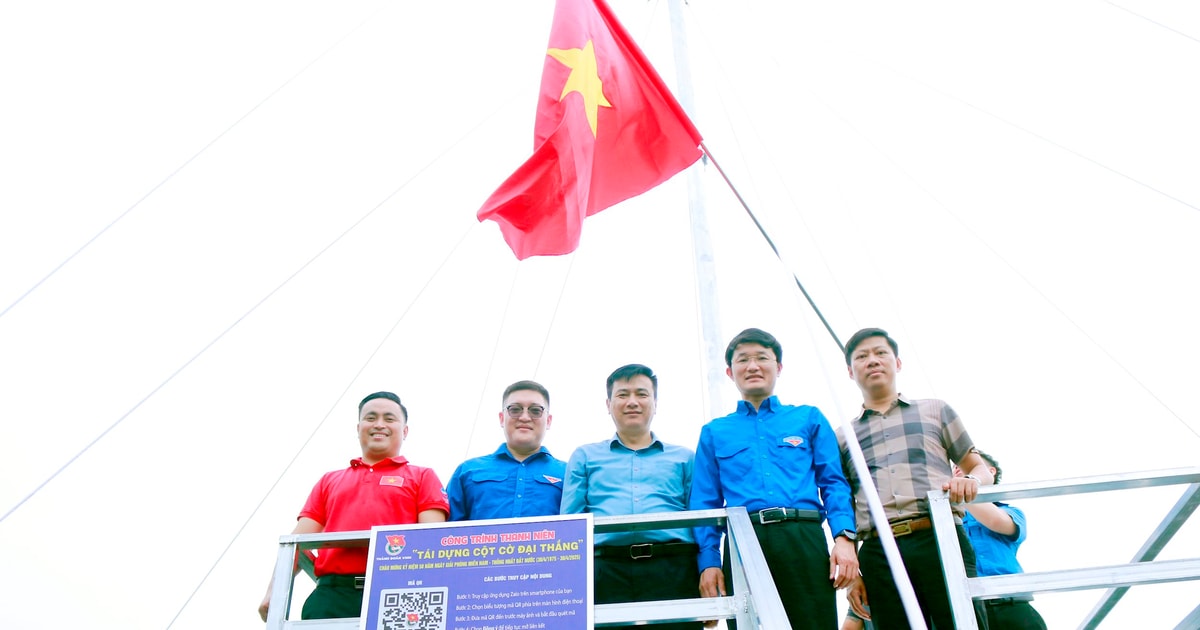

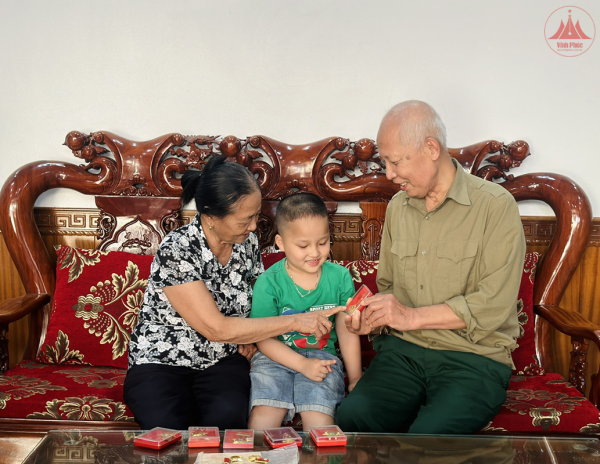
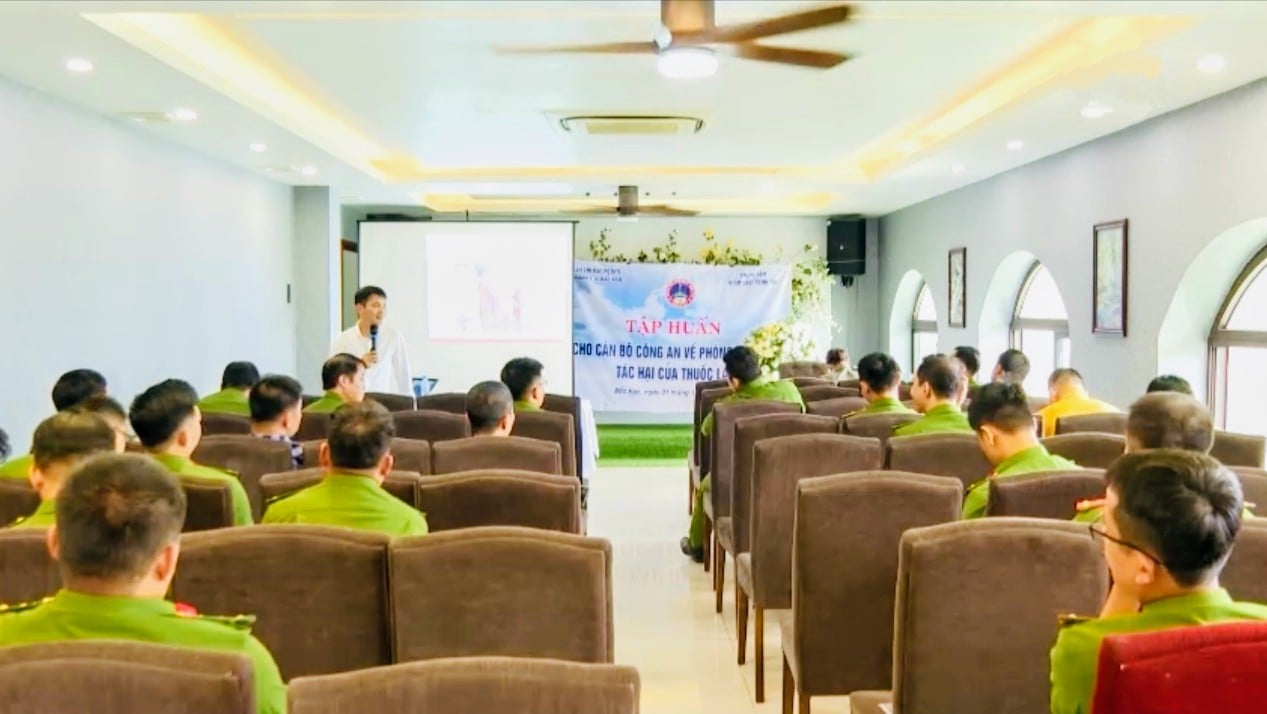

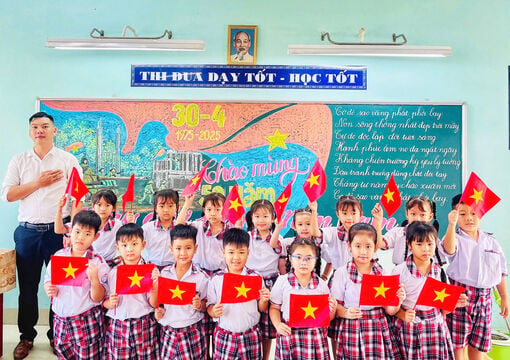

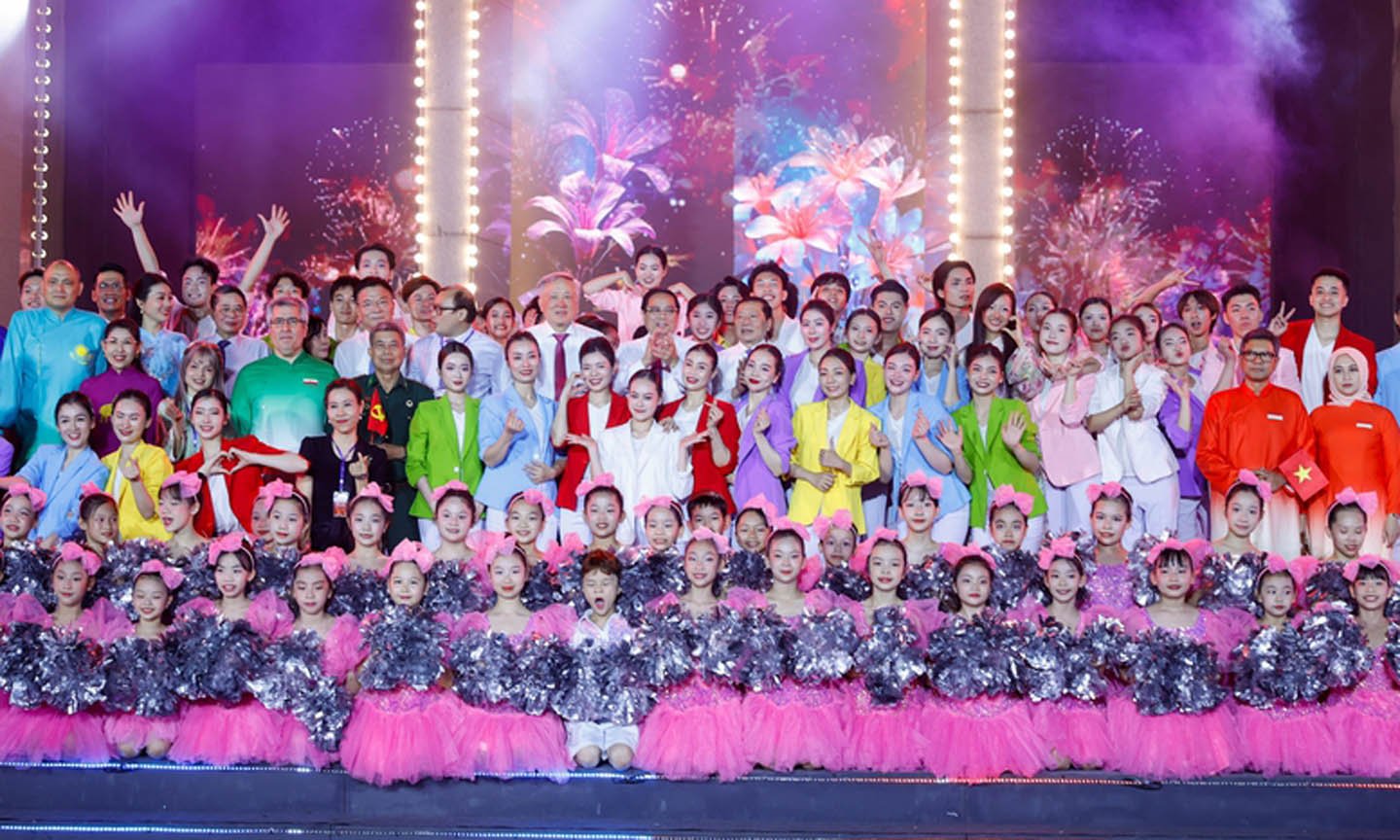

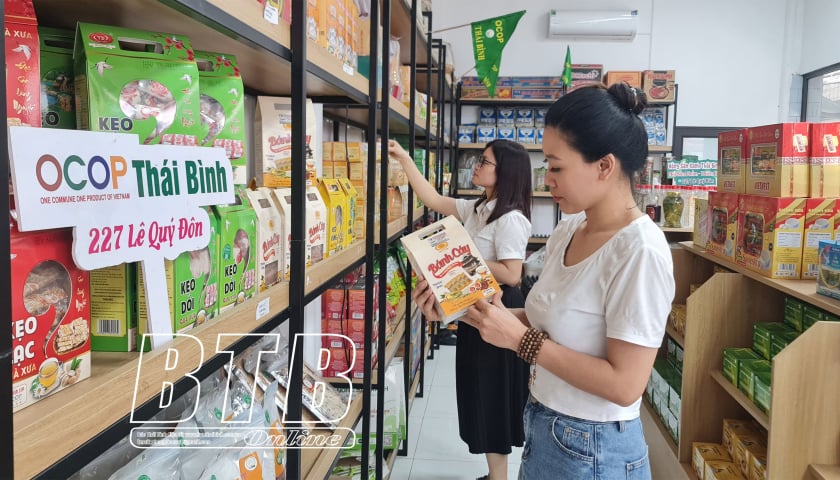

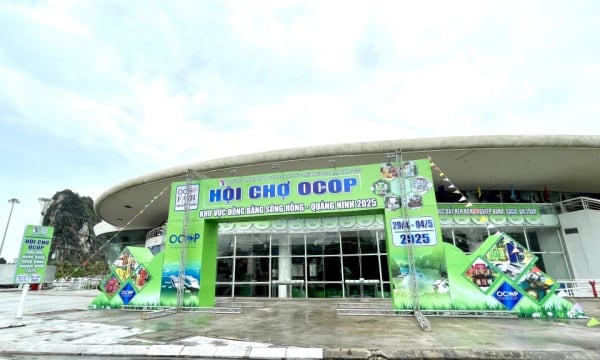

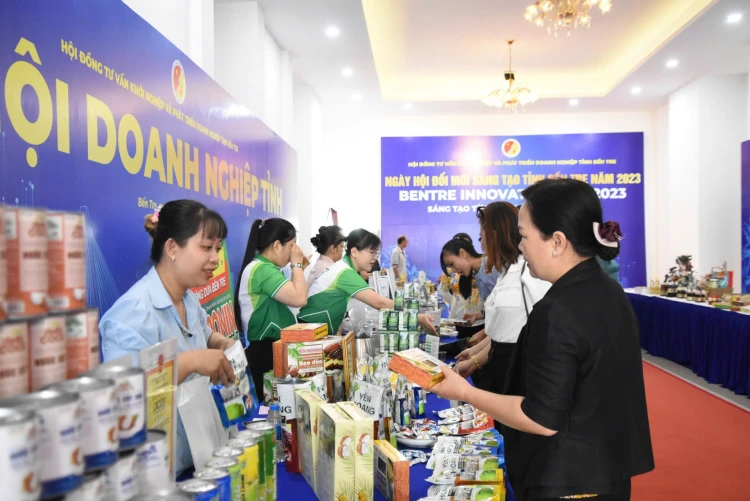

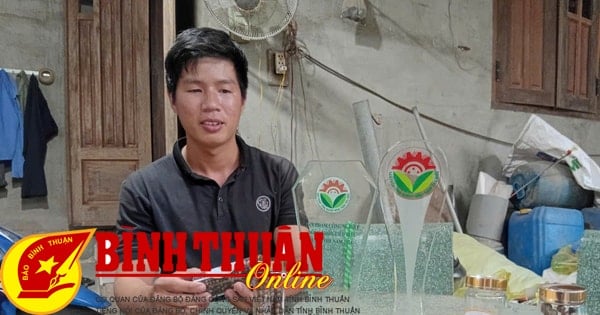

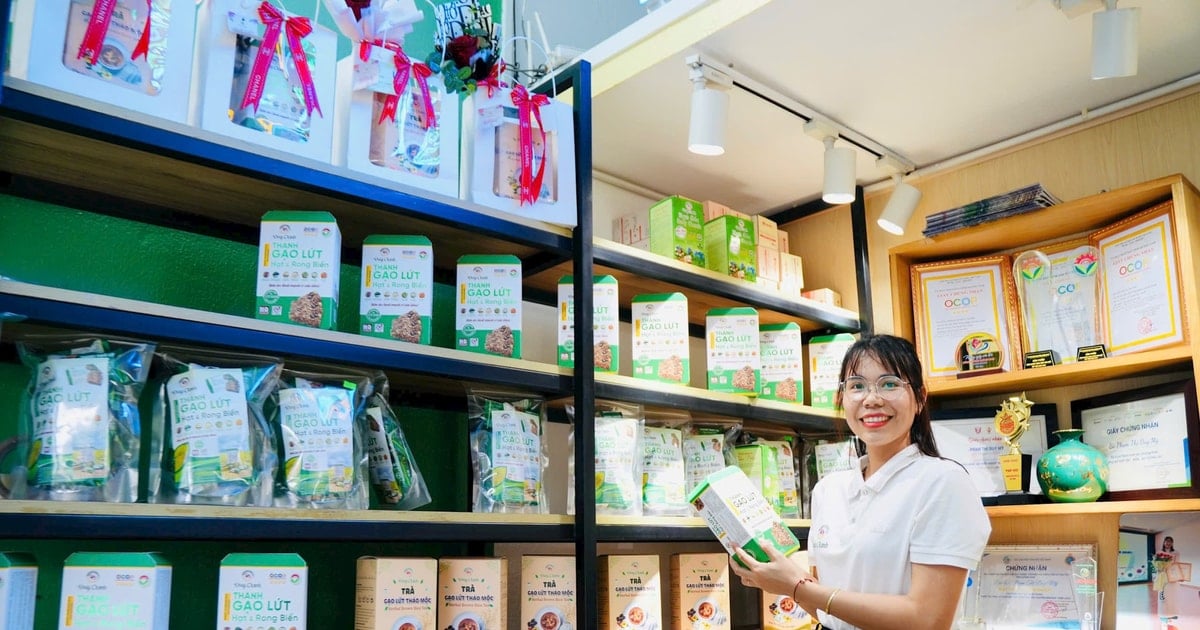

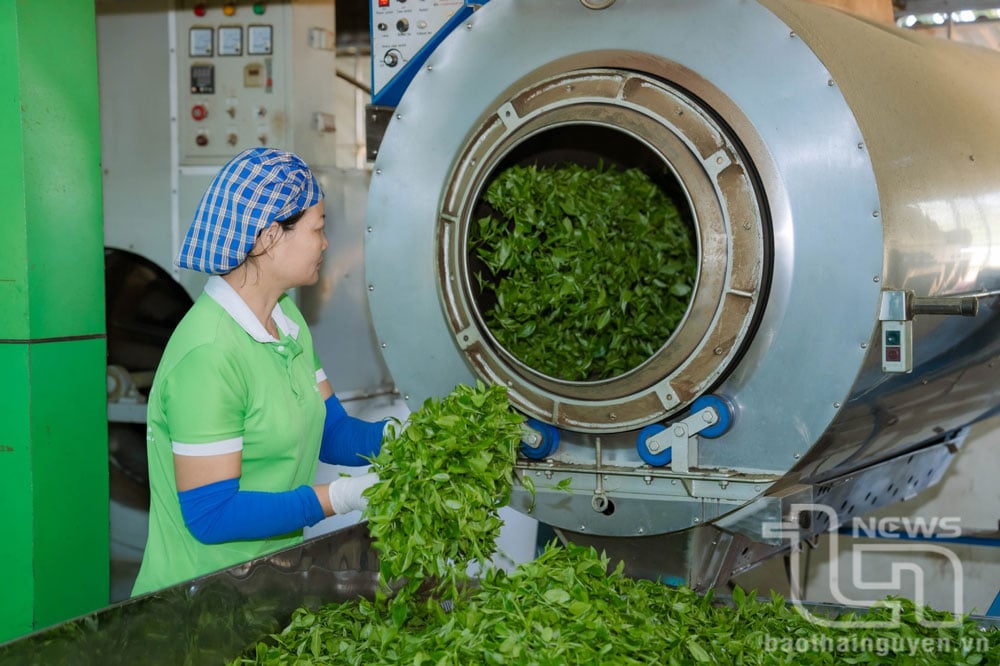

Comment (0)